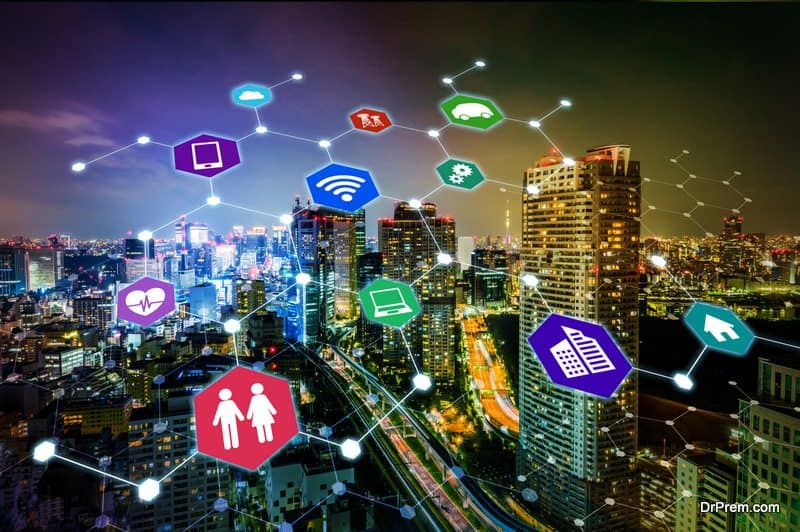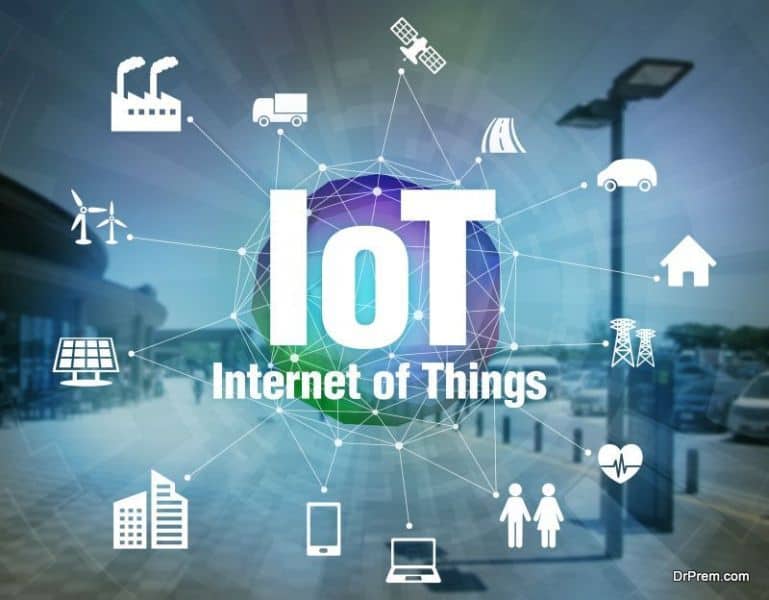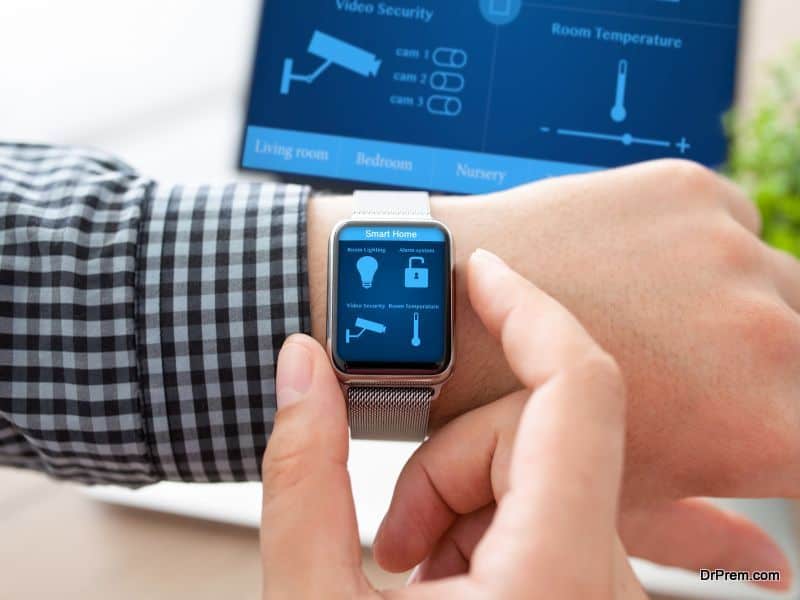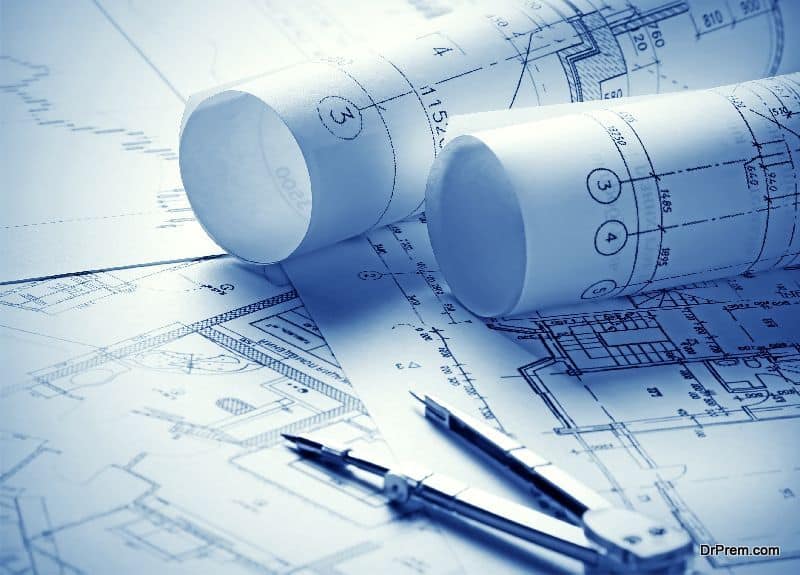The current era of rapid digitalization has been greatly influencing our lives like never before. In the urban space, we are experiencing fast growth of smart cities with ‘smart connections’ enhancing our mobility and efficiency in many folds. Being on the cusp of rapid shifts of digital technology, it is time to appreciate how will smart cities improve our lives.
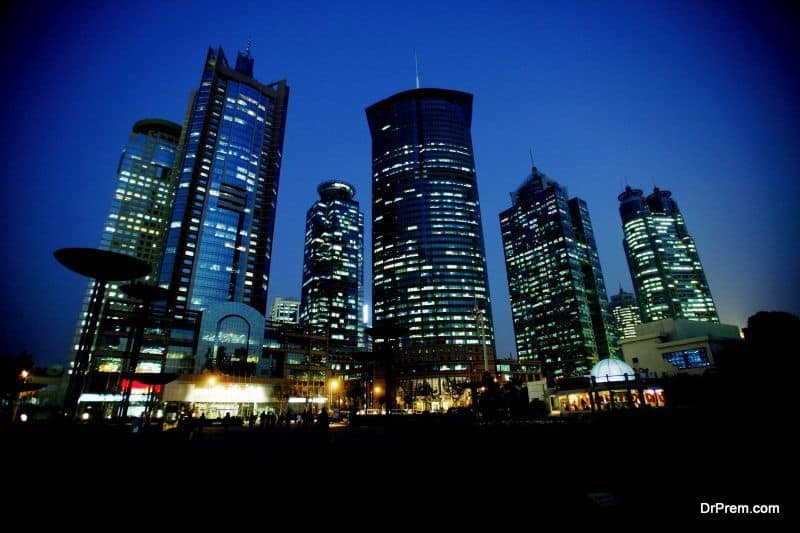 The Ministry of Urban Development, India reports about 31% of country’s population are city dwellers contributing 63% of the GDP. By 2030, about 40% population would occupy cities. The importance of smart cities is truly felt with the stupendous growth of urban population not only in India but all over the world.
The Ministry of Urban Development, India reports about 31% of country’s population are city dwellers contributing 63% of the GDP. By 2030, about 40% population would occupy cities. The importance of smart cities is truly felt with the stupendous growth of urban population not only in India but all over the world.
Improved access to high speed cellular networks (likely with 5G connection in near future) and the availability of affordable small-sized sensors are driving smart cities technology. The impact of smart cities on our lifestyle would be more evident with IOT (Internet of Things) integration. The IOT enabled seamless data transfer within high speed internet when integrated with the infrastructure of cities and towns will have a great impact on the existing and future smart cities.
How can integration of smart cities technology affect our daily lives?
If we are to analyze that how will smart cities improve our lives, we need to develop a deeper understanding of the pervading digital technology along with circular economy principles that emphasize greatly on sharing techniques enabling best utilization of materials and assets.
No doubt, IOT will help in achieving this. Advanced sensors and smartphones will help in better tracking of materials and assets lessening their idle time. The huge amount of spare capacity generated due to this will bring a radical change in the overall functioning of smart cities.
- Autonomous vehicles and data shared by them may make traffic a thing of the past. Different modes of transportation will communicate with each other and function in tandem.
- Mobile Resource Management (MRM) software platform would step in for proper data accumulation and analysis which would help connect the drivers of vehicles, back-end managers and other relevant people for better driving safety and efficiency, lower risks and better compliances.
- Better access to information with free Wi-Fi services and phone-calling installed in different locations of the city.
- Installation of improved security protocols like facial recognition technology can transform the building security management. The entrances would be designed uniquely reducing the need for entry only through the front door.
- More usage of shared vehicles would reduce the parking problem and crowding of cars and vehicles. This would allow recapture of lands and reduce the building cost arising from unnecessary parking spaces.
- Better access to completely renewable resources of energy to reduce greenhouse gas emission further highlights the importance of smart cities today.
Feasible ways how will smart cities improve our lives:
The impact of smart cities on our lifestyle can be evident from the following:
Evolution of smart energy network:
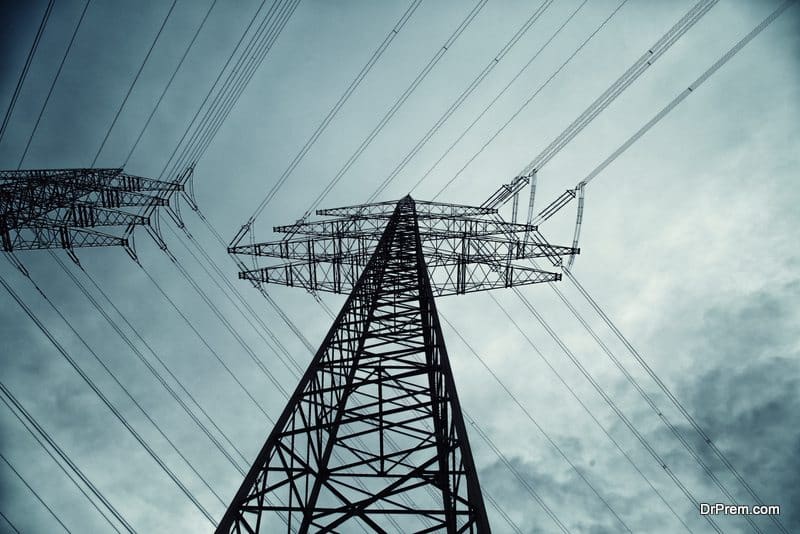 Self-charging gadgets and technology and self-electricity generating network system will be at work. Houses, factories and public buildings will be capable of generating electricity to meet their own demands from renewable sources utilizing the spaces between walls and tapping solar and wind energy.
Self-charging gadgets and technology and self-electricity generating network system will be at work. Houses, factories and public buildings will be capable of generating electricity to meet their own demands from renewable sources utilizing the spaces between walls and tapping solar and wind energy.
All these connected would store the excess energy in batteries and thus reduce the electricity bill by 25%. These energy-generating units would be connected through a grid system not only making them self-reliant in energy production but also to maintain a stable power supply throughout the region.
There would be smart sensors to monitor these assets enabling proper maintenance. Timely anticipation of failures would prevent collapse of the power supply. This in a way reflects how will smart cities improve our lives.
The emergence of smarter home-based on sharing concept:
Creating a smarter home by better usage of assets is another indication of how will smart cities improve our lives. As you step out of the door, smart thermostats would turn down the heating system to the minimum saving your electricity bills. You can also transform an extra room of your house into a well-secured office and rent it on the sharing platform of the city.
If someone wants to rent it for some days, the thermostat will automatically heat up providing the required comfort for the resident. Demand for such sharing spaces will be high in smartly connected cities having more remote workers who would prefer working comfortably in a noiseless space.
Enhanced and optimized mobility:
Imagine the stressful experience in commuting to workplaces that sucks much of our energy. On an average, a city dweller spends 15% time in fighting traffic congestion and 20% time hunting a parking space. Removal of these hurdles through optimized mobility is perhaps the best way of how will smart cities improve our lives.
IOT enabled connectivity in smart cities will stream real-time data of traffic, car-sharing and available parking space directing the driver to the nearest parking spot. This will save lots of time and energy preventing the driver from going rounds in searching a parking spot releasing emissions at the same time.
The transport apps will send real-time data of public transport to the citizens guiding them to take the shortest route to the destination. Smart street lamps would be there to facilitate your walking which will increase their luminosity as you approach them and get reduced automatically as you walk away from them. This is a big energy saver without compromising the pedestrian’s security and a smart indication of how will smart cities improve our lives.
Buildings to be shareable and reusable:
You walk into your office and reach out to the desk assigned for you to carry on your work, meetings and other activities. After you leave the office, the surrounded office space can be utilized for other events or social networking.
This would be a pre-planned option included by the developers since the inception of the building to accommodate multiple sharing activities to maximize the usage of urban space. Buildings would be considered as resource banks. Advanced tracking technology would keep records of the materials used for constructing the building which can be reused while refurbishing or decommissioning a building.
All being said, improving the infrastructure and technological developments in smart cities will enhance the city-life experience but it also carry the risk of leaving many people in the underdeveloped sphere. To even out this undulated distribution of facilities, emphasize should also be on improving connectivity with satellite towns making a smart city accessible for everyone.


